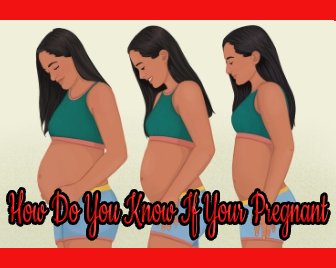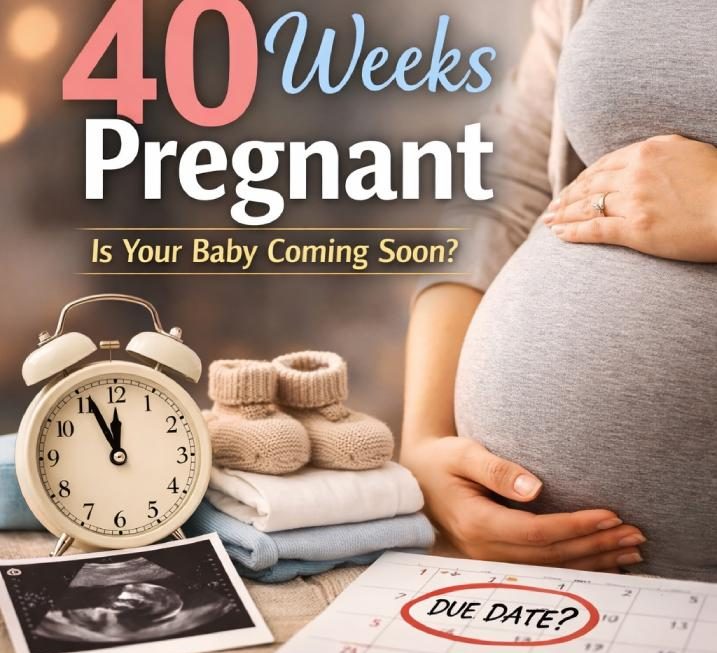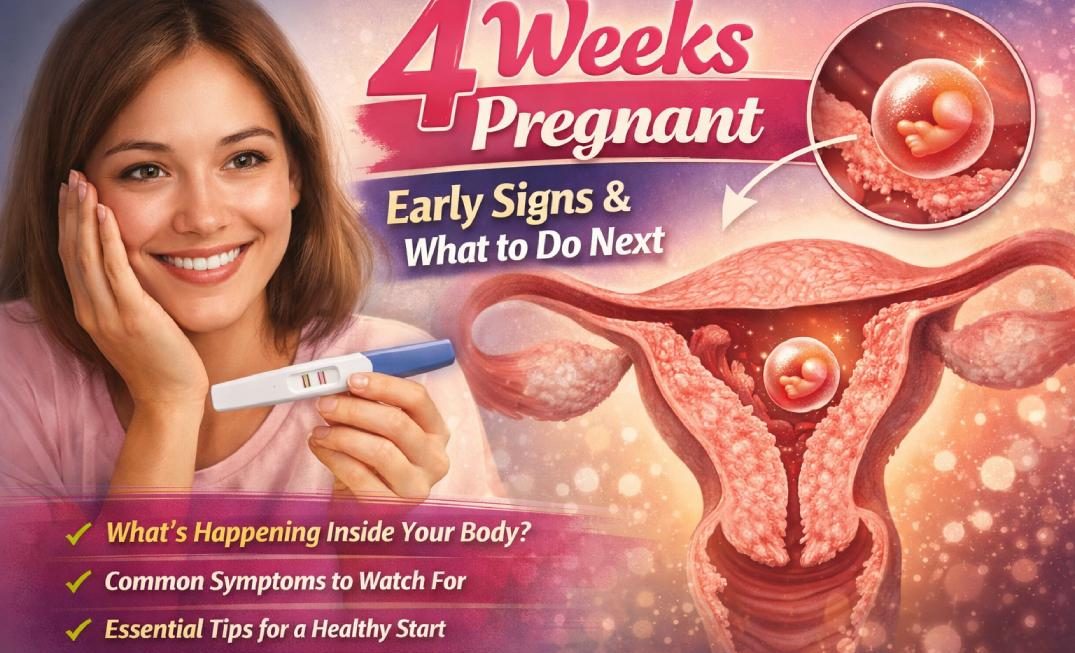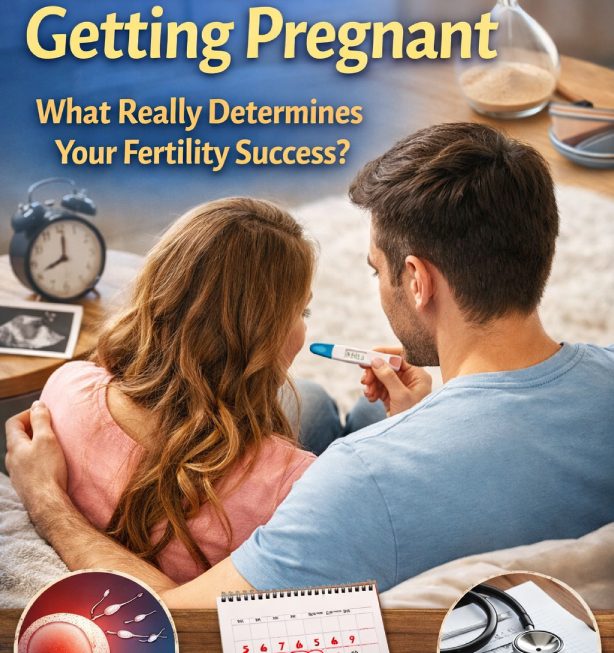Pregnancy can be a thrilling yet nerve-wracking experience for many, especially when you’re unsure if you’re actually expecting. Whether you’re planning for a baby or facing an unexpected situation, recognizing the early signs of pregnancy is crucial. Some signs might be subtle, while others can be unmistakable. But how do you know for sure? This article dives deep into the most common symptoms, physical changes, and subtle hints your body may give you, to help you answer that burning question: Am I pregnant?
Understanding the Early Signs of Pregnancy
The early signs of pregnancy can sometimes be confusing, as they often mimic premenstrual symptoms. However, subtle differences exist. While some women experience pregnancy symptoms within the first week, others may not notice changes until several weeks later. Knowing what to look for can provide reassurance or prompt you to take the next step: a pregnancy test.
Missed Period: The Most Obvious Sign
A missed period is often the first and most obvious sign of pregnancy. If you’re usually regular and suddenly skip a cycle, pregnancy could be a possibility. However, many factors, such as stress, hormonal imbalances, or lifestyle changes, can cause irregular periods. But if you’re sexually active and miss a period, it’s one of the first things that might make you wonder if you’re pregnant.
Fatigue: A Common Yet Overlooked Symptom
Fatigue is one of the earliest and most common pregnancy symptoms. The hormone progesterone, which rises rapidly during early pregnancy, can make you feel unusually tired. It’s as if your body is working overtime, even when you’re doing very little. Many women report feeling exhausted within the first couple of weeks after conception. If you’re finding it harder to get through the day without a nap, pregnancy could be the reason.
Nausea and Morning Sickness: Not Just in the Morning
Morning sickness is a classic symptom of pregnancy, but it doesn’t only happen in the morning. Many women feel nauseous throughout the day, especially during the early weeks of pregnancy. This nausea can come and go or last all day. Some women also experience vomiting as part of morning sickness, while others may only feel a constant wave of queasiness.
Breast Changes: Tenderness, Swelling, and Sensitivity
If your breasts feel more tender, swollen, or sensitive than usual, you could be pregnant. Hormonal changes early in pregnancy cause increased blood flow and changes in breast tissue. Your breasts may feel heavier, or you might notice that your nipples are more sensitive. In some cases, the areola (the area around your nipples) may darken.
Frequent Urination: Nature Calling More Often
During the first weeks of pregnancy, your body produces human chorionic gonadotropin (hCG), a hormone that increases blood flow to the pelvic area and affects your kidneys. This means that you might notice you need to pee more often than usual. This increase in urination often starts around six weeks into pregnancy, but some women may notice it even sooner.
How to Differentiate Pregnancy Symptoms from PMS?
Many early pregnancy symptoms, such as fatigue, breast tenderness, and mood swings, overlap with premenstrual syndrome (PMS). So how can you tell the difference? While PMS symptoms usually subside once your period begins, pregnancy symptoms tend to persist or intensify. For instance, while mild cramping may occur with both PMS and early pregnancy, pregnancy-related cramping tends to be lighter and lasts longer. Additionally, pregnancy comes with other tell-tale signs, like nausea and heightened sense of smell, which are not typical PMS symptoms.
Other Early Pregnancy Symptoms to Watch For
Food Aversions and Cravings: Your Taste Buds Might Shift
During pregnancy, you might notice a sudden aversion to foods you previously loved, or develop strange cravings for foods you never ate before. This can happen as early as two weeks after conception. Some women find themselves repelled by the smell or taste of certain foods, particularly those with strong odors. At the same time, others crave unusual combinations like pickles and ice cream or spicy foods.
Mood Swings: Emotional Rollercoaster
Pregnancy brings about a whirlwind of emotions due to the hormonal shifts happening in your body. You might find yourself crying at commercials, feeling irritated over small things, or just experiencing a general emotional upheaval. This is completely normal. Hormones like estrogen and progesterone surge during pregnancy, affecting your mood and making you feel like you’re riding an emotional rollercoaster.
Light Spotting: Implantation Bleeding
One early pregnancy symptom often confused with a regular period is implantation bleeding. This happens when the fertilized egg attaches to the lining of your uterus. It typically occurs around six to twelve days after conception and can last from a few hours to a few days. Implantation bleeding is generally lighter than a period, usually appearing as pink or brown spots rather than a full flow.
Bloating and Constipation: Digestive Discomfort
Pregnancy hormones slow down your digestive system, which can lead to bloating, gas, and constipation. Many women experience these symptoms early on, and they can often feel similar to the discomfort associated with PMS. If you’re feeling more bloated than usual or notice changes in your bathroom habits, these could be early signs of pregnancy.
Elevated Basal Body Temperature: Tracking Ovulation and Conception
If you’ve been tracking your basal body temperature (BBT) as part of your fertility planning, a consistent rise in BBT could be an early indicator of pregnancy. After ovulation, BBT usually increases slightly and stays elevated if you’re pregnant. If you notice your temperature remaining high for 18 days or more, it’s a good idea to take a pregnancy test.
When to Take a Pregnancy Test?
So, you’ve noticed a few early symptoms and you’re starting to wonder. The next step? Taking a pregnancy test. Most home pregnancy tests can detect the presence of hCG in your urine about 10-14 days after conception. For the most accurate result, it’s best to wait until after your missed period to take a test. If you can’t wait that long, some sensitive tests can provide results a few days before your expected period, but early testing could result in a false negative if your hCG levels aren’t high enough yet.
Blood Test vs. Home Pregnancy Test
Home pregnancy tests are convenient, but a blood test done by your healthcare provider can detect pregnancy earlier and is more accurate. Blood tests can measure the exact amount of hCG in your system, which not only confirms pregnancy but also gives doctors valuable information about how far along you might be.
FAQs About How to Know If You’re Pregnant
1. How soon can I feel pregnancy symptoms?
Pregnancy symptoms can begin as early as one week after conception, but most women start to notice symptoms between weeks four and six of pregnancy.
2. Can you be pregnant and not have any symptoms?
Yes, some women experience no noticeable symptoms in the early weeks of pregnancy. It’s possible to be pregnant without morning sickness, breast tenderness, or fatigue.
3. Can stress cause pregnancy-like symptoms?
Stress can cause a wide range of physical symptoms, including nausea, fatigue, and missed periods, which can sometimes mimic early pregnancy signs.
4. What are the chances of a false negative on a pregnancy test?
Taking a test too early, using diluted urine, or using an expired test can all increase the chances of a false negative. It’s best to take a test in the morning when your urine is most concentrated.
5. What should I do if I think I’m pregnant?
If you think you’re pregnant, taking a home pregnancy test is the first step. If the result is positive, schedule an appointment with your healthcare provider to confirm the pregnancy and begin prenatal care.

Knowing how to recognize the early signs of pregnancy can help you make informed decisions about your health and future. Whether you’re excited or anxious about the possibility of pregnancy, listening to your body is the first step. By paying attention to common symptoms like a missed period, fatigue, and nausea, and confirming with a pregnancy test, you’ll be on your way to figuring out what’s next.


